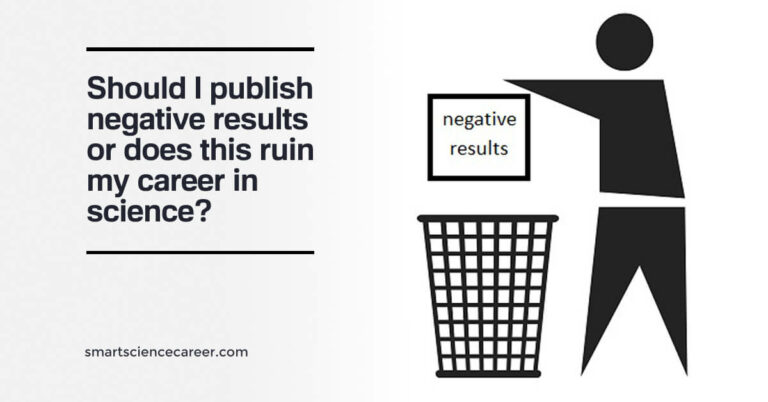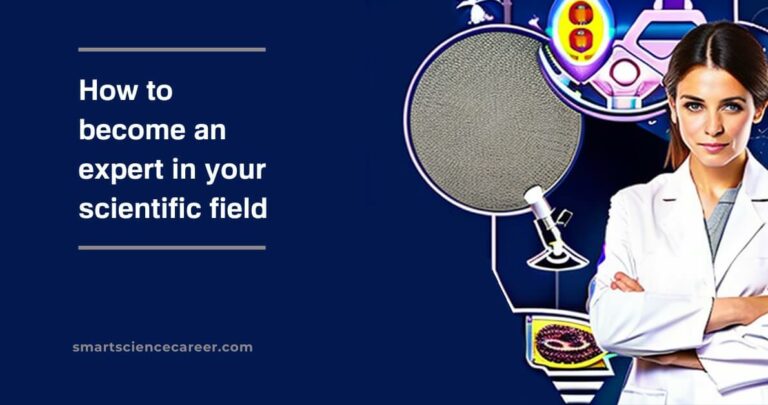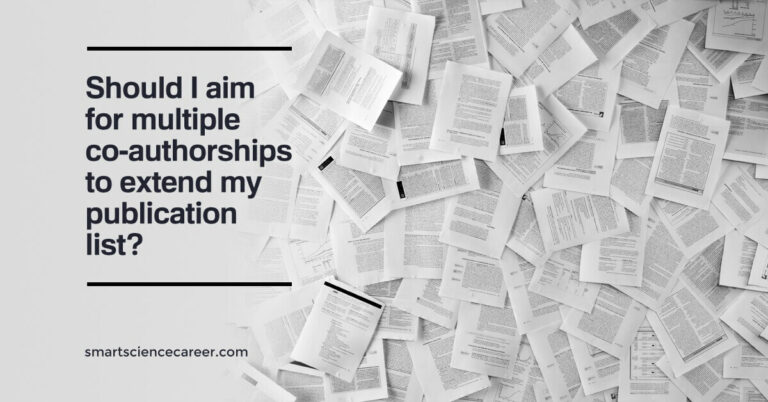Should I publish negative results, or does this ruin my career?
Scientists often produce negative results. All experiments were done correctly – but there was no difference between test and control. They get conflicting advice from supervisors and ethicists. Some say that publishing negative results is a waste of resources and ruins their scientific careers. Others say that ‘not publishing negative results is unethical’. What should young scientists do in such a situation?










